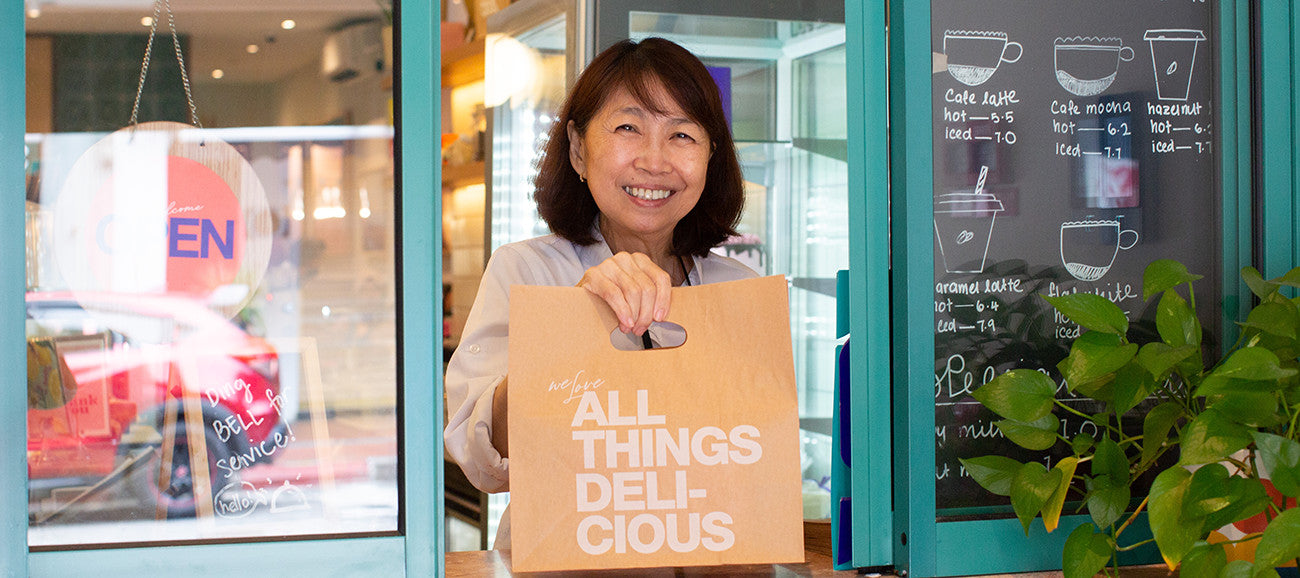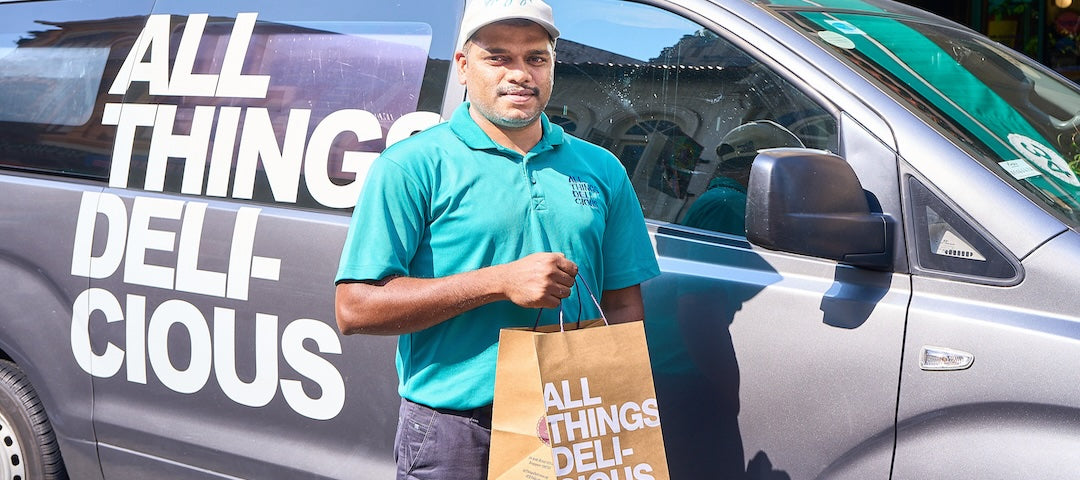Deepavali, also known as Diwali, is the Festival of Lights, celebrated by Hindus around the world. While the festival’s essence—marking the triumph of light over darkness and good over evil—remains the same, the way it's celebrated varies across regions. In Singapore, Deepavali has its own unique traditions, influenced by the country's multicultural landscape and modern urban environment. Let’s explore how Deepavali celebrations in Singapore differ from those in India.
1. Public Holiday Status
- India: In India, Deepavali is celebrated over multiple days, with businesses closing for at least two days in many states. However, the public holiday status depends on the region, with varying dates and observances.
- Singapore: In Singapore, Deepavali is a public holiday, allowing Hindus to celebrate with their families and communities. While it’s typically a one-day celebration, the festive mood begins weeks before, with light-ups and cultural performances setting the tone.

Photo by Kalpit Bhachech/Getty Images

Photo by Creativa Images
2. Duration of Celebration
- India: Deepavali in India spans over five days, with each day having specific rituals, from Dhanteras to Bhai Dooj. These days are filled with religious ceremonies, shopping, cleaning homes and businesses, and family gatherings.
- Singapore: In Singapore, Deepavali is largely a one-day event. However, in the weeks leading up to the festival, there are many public events, such as the Deepavali street light-up and bazaars in Little India, allowing the festive atmosphere to linger longer.
3. Rangoli vs Kolam
- India: In India, elaborate rangoli designs made from colourful powders, flowers, and sometimes even rice are drawn in homes to welcome guests and deities, symbolising prosperity and good luck.
- Singapore: In Singapore, the Tamil Hindu community creates kolam, a similar form of floor art traditionally made with rice flour. These intricate designs can be seen at temples, homes, and even public spaces, welcoming visitors and bringing an artistic touch to the celebrations.

Photo by Neena Majumdar/Studio India
4. Street Light-Ups
- India: Deepavali in India is marked by grand illuminations. Cities are brightly lit with diyas (oil lamps), candles, and electric lights. Fireworks light up the night sky, adding to the festive spirit, though this has been scaled back in some regions due to environmental concerns.
- Singapore: Singapore’s Little India becomes a magical wonderland during Deepavali, with stunning light displays along Serangoon Road. The district is decked out in vibrant colours, arches, and cultural motifs such as giant peacocks, creating a visually spectacular environment for both locals and tourists.

Photo by Kinsei-TGS/Getty Images

5. Firecrackers
- India: Firecrackers are an integral part of Deepavali celebrations in India, with families gathering to burst fireworks and sparklers, though restrictions due to noise and air pollution have become more common.
- Singapore: Firecrackers are banned in Singapore due to safety regulations, so the celebrations focus more on community events, public light displays, and cultural performances rather than firecrackers. Sparklers are popular with children.

Photo by RDNE Stock project/Pexels

Photo by 1/Getty Images
6. Traditional Attire
- India: During Deepavali in India, people typically wear new clothes, often opting for traditional attire like sarees, lehengas, and kurta-pajamas. The new clothes symbolise a fresh start and prosperity for the coming year.
- Singapore: Similarly, in Singapore, wearing new clothes is an important part of the festival. Traditional outfits like sarees and kurtas are worn by the local Hindu community, and it's common to see families dressed in their festive best when visiting temples or gathering for prayers.

Photo by Jacob Verghese/Studio India & szefei/Getty Images Pro
7. Food and Sweets
- India: In India, Deepavali is a time for indulgence. Families prepare and share a wide variety of sweets, including laddoos, barfis, and jalebis. Savoury snacks like chaklis and namkeens are also staples.
- Singapore: In Singapore, snacks like murukku and sweets such as laddoos and gulab jamun are equally beloved, but there’s often a local twist. Pandan-infused sweets or treats featuring local flavours like gula melaka are popular. At All Things Delicious, we offer a fusion take on traditional Indian sweets, such as the Saffron Tres Leches Rasmalai Cake, blending Indian heritage with modern flair. Our handcrafted Deepavali Mithai Gift Box also makes the perfect sweet gift.

Photo by CameraChemistry/Getty Images

Photo by Jiak Studio/Studio SEA
8. Community Celebrations
- India: In India, Deepavali is very much a family-oriented festival. Communities come together for prayers at temples, followed by visits to neighbours’ homes, exchanging sweets and blessings.
- Singapore: In Singapore, the festival has a more communal feel, with events like street parades, temple visits, and performances in Little India. Many families open their homes to friends and neighbours, fostering a spirit of unity and inclusivity, which is a hallmark of the city-state’s multicultural fabric.

Photo by Neeraj Kumar/Getty Images

Photo by Yan Krukau/Pexels
9. Temple Visits
- India: In India, temples are at the heart of Deepavali celebrations, with special prayers, decorations, and long lines of devotees offering prayers to Lakshmi, the goddess of wealth, and Ganesh, the remover of obstacles.
- Singapore: In Singapore, temple visits are just as important. Temples such as the Sri Veeramakaliamman Temple in Little India see a surge of worshippers on Deepavali morning. Families gather to offer prayers and seek blessings for prosperity and happiness in the year ahead.

Photo by ands456/Getty Images Signature
10. Modern Influences
- India: In urban India, Deepavali has taken on modern influences, with many families choosing eco-friendly celebrations, such as reducing firecracker usage and opting for more sustainable gifts.
- Singapore: Singapore, with its emphasis on sustainability, has also seen a rise in eco-conscious celebrations. Green gifts, energy-efficient lighting, and eco-friendly decorations are becoming more common, reflecting the city’s commitment to sustainability.
11. Gift-Giving Tradition
- India: In India, gift-giving during Deepavali is common, with families exchanging sweets, dried fruits, and sometimes more substantial gifts like clothes, jewellery, or household items. The focus is on strengthening relationships and spreading happiness.
- Singapore: In Singapore, the tradition of giving gifts is equally strong. Popular gifts include homemade sweets, snacks like murukku, and small hampers. Many families prepare boxes of sweets to give to neighbours and friends as a gesture of goodwill. At All Things Delicious, we offer beautifully packaged gifts, such as our beautifully packed Deepavali Hamper Basket (Large) and our Blissful Deepavali Gift Box. Our small gift packs of pink and white Coconut Burfi, complete with our signature violet ribbon makes perfect little sweet gifts as well.

Photo by Amita Bajaj/Getty Images
Conclusion
While Deepavali in India and Singapore share common roots, the celebrations in Singapore have evolved to reflect the country’s unique cultural blend and modern, urban setting. Whether you’re lighting lamps, creating kolam, or enjoying sweets with loved ones, the Festival of Lights is all about celebrating togetherness, hope, and the triumph of good.
At All Things Delicious, we’re proud to be part of your celebrations. Check out our special Deepavali treats like the Pistachio Cardamom Cake and more, to bring the spirit of the festival to your home or office.
Where to Celebrate Deepavali in Singapore
Looking for the best spots to soak in the Deepavali atmosphere? Here’s where to go:
- Little India: Singapore’s Little India is the heart of Deepavali celebrations, with its dazzling light displays, vibrant street bazaars, and cultural performances. Don’t forget to pay a visit to level two of Tekka Market too, for some shopping.
- Sri Veeramakaliamman Temple: One of Singapore’s oldest Hindu temples, where thousands gather for prayers on Deepavali day.
- Deepavali Fairs: Visit local, heartland fairs to pick up festive decor, snacks, and traditional Indian sweets to share with loved ones.

Photo by prill/Getty Images



